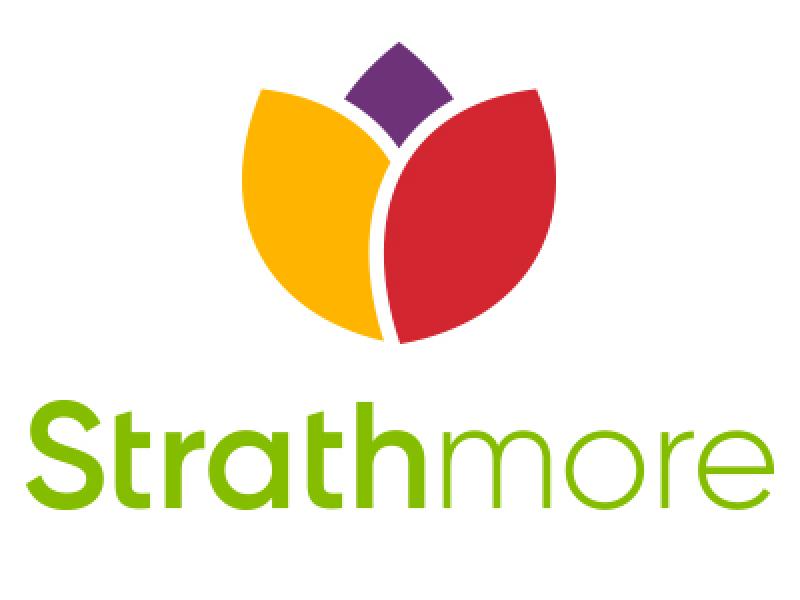The arrival of spring brings much more than just flowers and sunshine – it marks the beginning of a period of bustling activity as Canadians awaken from their winter hibernation.
When it comes to real estate, the spring season is known for an influx of new listings and open houses as Canadian buyers eagerly seek out new homes following a cold, dark winter and young families aspire to move properties prior to the start of the following school year.
In 2020, however, COVID-19 had an interesting impact on the traditional real estate cycle. While spring is always a hot market, 2020 saw an abnormally quiet market in the spring due to lockdowns and uncertainty from the virus, with people shuttering up as the world was in flux.
In the summer of 2020, we saw a delayed “spring market” as lockdowns eased for a temporary period between June and August.
In 2021, it seems Canadians have adjusted to these circumstances.
Yet, as vaccination efforts continue to roll out across the country and hopes rise we will return to “normal,” it appears the real estate industry – and society as a whole – have begun to embrace one major marker of the past year: technology.
The rapid pivot to the digital world accelerated the inevitable tech revolution, meaning Canadians’ reliance on technology has only heightened and it will no doubt have a lasting impact on the traditional real estate cycle.
The 2020 and 2021 spring markets
At the onset of the pandemic, real estate sales naturally slowed as people were concerned about instability and unemployment and the industry was forced to shift from relying on in-person interactions.
As a result, many sellers delayed putting their homes on the market. The bustling spring real estate market came to halt – in addition to the barring of open houses, Canadians were preoccupied with mounting concerns about economic instability, unemployment and remote education.
At the same time, there was plenty of confusion surrounding the role of real estate professionals – while most provincial governments had deemed the industry “essential,” this was only to allow for the closing of transactions that were already underway.
Some leniency was provided for agents to take on new listings and a limited number of showings, provided the seller’s situation was urgent and strict safety protocols were in place.
Regardless, most listings were postponed, agents were confused, buyers were concerned and sales steadily declined.
Despite these and all other challenges resulting from the pandemic, 2020 ended up being a record year for Canadian resale housing activity, largely coming from the last quarter.
To the surprise of many, this trend persisted well into 2021, with realtors reporting bidding wars and high numbers of offers for suburban homes or properties needing renovations.
This activity indicates that, similar to last year, homebuying may be less reliant on seasonality in 2021 as many are now scrambling to simply enter the market.
Another factor that may have an impact on the 2021 spring market – and the real estate market overall – is rule changes.
In an effort to cool the booming market, Canada’s bank regulator has suggested tightening mortgage qualification rules, a move which would introduce new challenges for homebuyers looking to secure financing.
While intending to slow the market, such a proposal could have the opposite effect in the short term, causing panicked homebuyers to rush into the market prior to implementation, further heating up the market this spring.
Spotlight on the commercial market
This year has seen a reversal of many past trends and the commercial market is no exception.
While in previous years we saw a move toward reduced space requirements and increased densification with the rise of open-concept offices and co-working environments, physical distancing measures may be prompting a need for more space in some instances.
While some companies in some regions have begun bringing employees back to the physical workplace, returning to the office on a large scale remains an elusive prospect.
Remote work has also proven to be generally productive, though many have questioned whether this is sustainable – an appreciation for face-to-face interactions is re-emerging after nearly a year of isolation, especially for hiring, integrating and mentoring entry-level staff and establishing a meaningful organizational culture.
Similarly, some other interesting trends can be seen within sectors which heavily depend on commercial real estate.
Over the past year, we have watched retail struggle to adapt, though some have fared better than others.
On the other end of the spectrum, the industrial sector is booming, a positive development for those owning and building warehousing and industrial space. We will also likely see increased demand in multiresidential apartments especially as immigration accelerates again.
Ultimately, while commercial real estate is less influenced by seasonal trends than residential, this spring market is expected to see some interesting shifts, particularly as vaccines continue to roll out.
Looking forward: The continued impact of technology
It is abundantly clear that both last year and this year differ greatly from years past.
Digitization and the use of data has made navigating the real estate transaction easier for both real estate professionals and buyers. As buyers become increasingly accustomed to virtual home tours and more reliant on technology, we may see a change in consumer habits.
While it’s clear technology will continue to play a key role in the real estate industry, it remains to be seen how the pandemic and increased adaption of technology will impact the spring market and the real estate market overall in the long term.
FCT encourages all real estate professionals to monitor the market and stay up-to-date on all rule and technological changes so they can provide the best advice possible.








